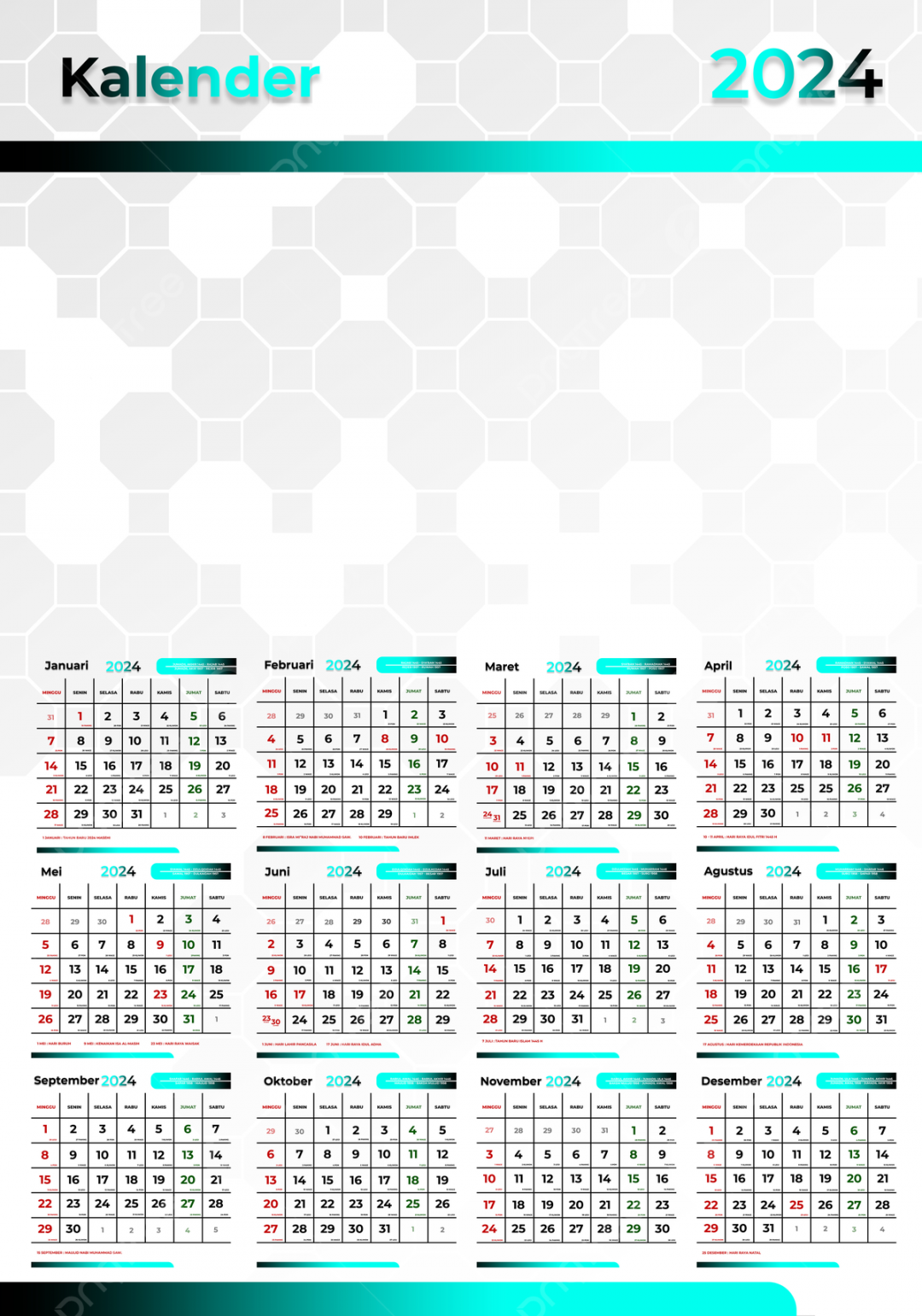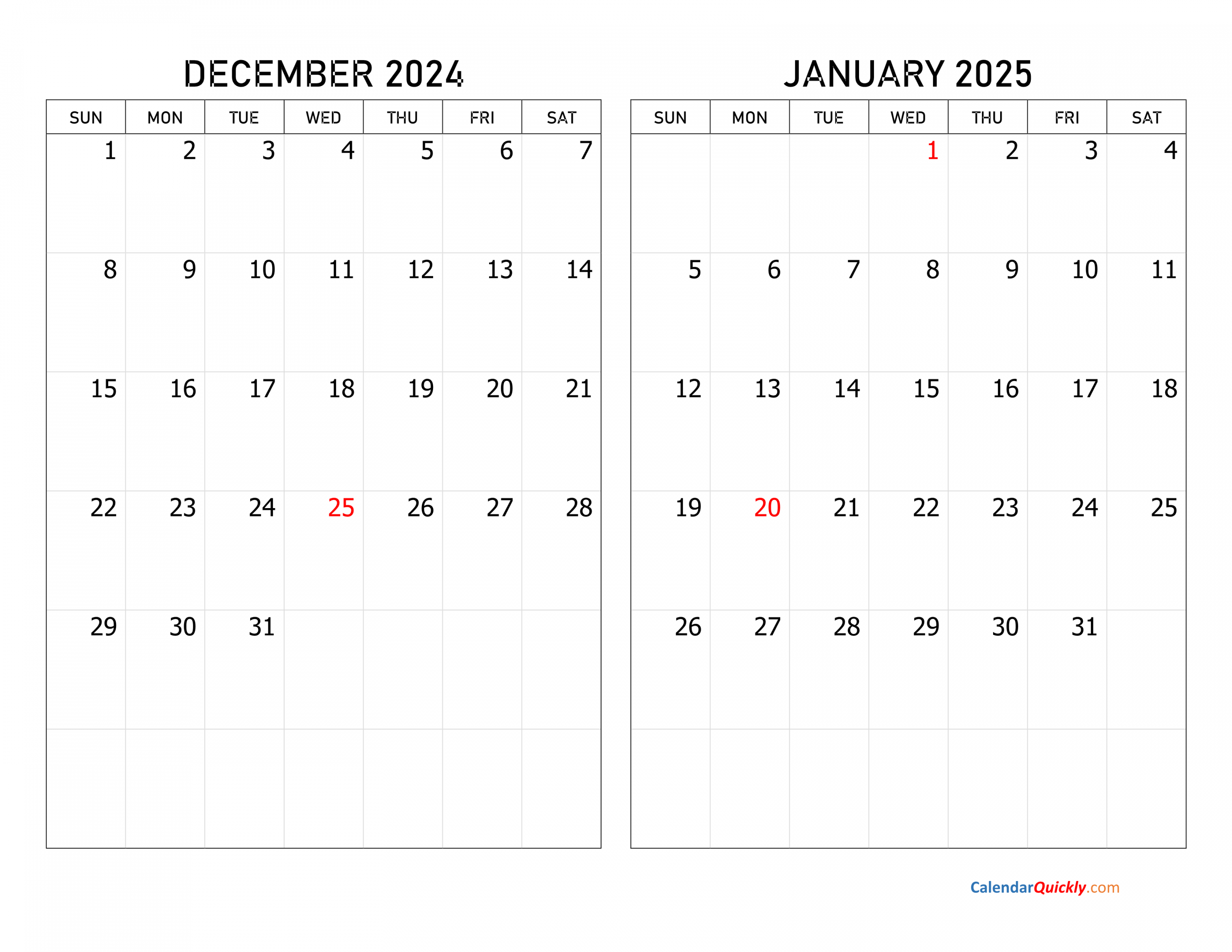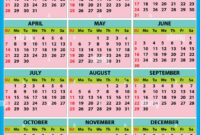A Casual Guide to the 2024 Calendar: Month by Month
What do you mean?
When we talk about a calendar, we’re essentially referring to a system used to organize time. It helps us keep track of days, weeks, months, and years. The 2024 calendar is a specific version that outlines the days and weeks of the year 2024.

How does it work?
A calendar typically consists of a grid of days, organized into weeks and months. Each month has a specific number of days, and the year is divided into 12 months. Holidays and special events are often marked on calendars.
What is known about the 2024 calendar?
While the specific details of the 2024 calendar might change slightly depending on where you live, some general facts remain consistent:

Leap year: 2024 is a leap year, meaning it has 366 days instead of the usual 365. This extra day, February 29th, occurs every four years.
Solution:
If you’re looking for a specific calendar, you can find many options online. You can also purchase physical calendars from bookstores or stationery shops. These calendars often include additional features like holidays, moon phases, or inspirational quotes.
Information:
Here’s a quick overview of each month in 2024:
January: The first month of the year.
Conclusion:
The 2024 calendar is a helpful tool for organizing your time and keeping track of important dates. Whether you prefer a digital calendar or a physical one, there are plenty of options available to suit your needs. By understanding the structure of the calendar, you can plan your year more effectively and make the most of your time.


